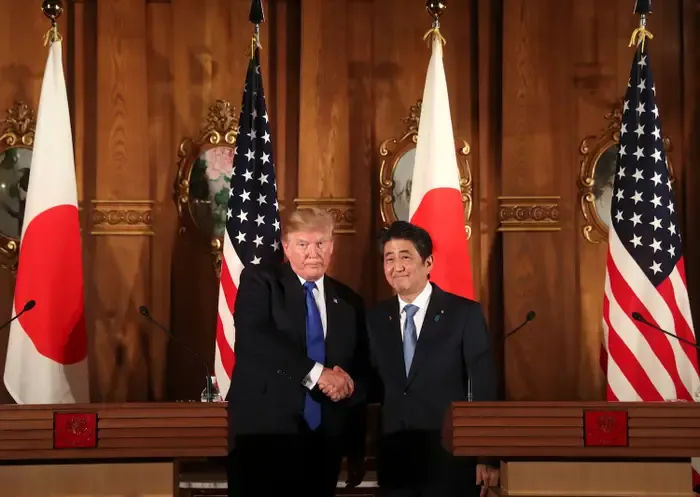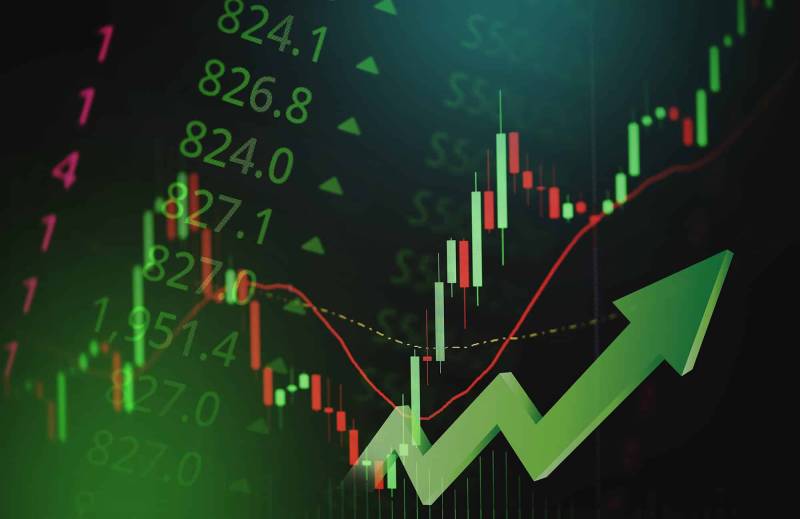When the International Monetary Fund (IMF) speaks, the world listens. And when its latest warning points to a widening fiscal deficit in Africa’s largest economy, Nigeria, due to dwindling oil revenues, the echo reverberates far beyond Abuja or Lagos. But beyond the headlines and fiscal jargon lies a story not just about numbers, but about a nation trying to hold on to its promise amid deep economic and structural battles. Nigeria is no stranger to economic turbulence. The nation’s economic narrative in the last decade reads like a seesaw—booms fueled by high crude prices and busts punctuated by global oil market volatility. The IMF's recent report is the latest reminder that Nigeria’s heavy reliance on oil revenues continues to be both a blessing and a burden. But to see this merely as a revenue shortfall issue would be missing the forest for the trees.

Read Also: Uphorial Sweatshirt
This is a story about governance. About systems that have failed to wean themselves off oil, even when the writing has been on the wall for years. At the heart of the IMF’s caution is a deeper diagnosis: Nigeria is struggling with diversification, transparency in public spending, and a bloated cost of governance that eats more than it builds. Oil is simply the trigger, not the cause. Since the removal of fuel subsidies in 2023, many hoped it would pave the way for fiscal reforms and less dependence on the state for economic stimulus. But rather than unlock capital for critical infrastructure or health and education, the savings have not been transparently tracked or felt. Citizens who swallowed the bitter pill of subsidy removal now look around and ask—where are the gains? President Bola Ahmed Tinubu’s administration, though intent on “renewed hope,” now faces the steep challenge of translating that rhetoric into tangible recovery. With inflation still hovering above 30%, the Naira constantly in defensive mode, and unemployment a silent epidemic, the deficit isn't just in government finances—it’s in trust.
And yet, the IMF’s projection is not prophecy. It’s a mirror. One that Nigeria can choose to look away from or face head-on. The path forward demands courage, not cosmetic fixes. It means enforcing taxes efficiently, tackling leakages in government expenditure, and empowering the non-oil sector beyond slogans. Agriculture, digital services, and manufacturing are sleeping giants—consistently referenced in policy papers but rarely empowered in real fiscal allocations. But perhaps the most urgent reform needed is psychological: Nigeria must unlearn the belief that oil equals destiny. The wealth of a nation in the 21st century is no longer in barrels—it’s in brains. Human capital, innovation, youth-driven enterprises—these should be the assets reflected in our GDP.
The widening fiscal deficit, in this light, becomes more than a budgetary concern—it’s a metaphor for a wider disconnection between potential and performance. The IMF may have sparked the conversation, but the real work lies in Nigeria’s hands: to rethink how it earns, how it spends, and most importantly, who it prioritizes in every budget line. So, while the deficit number makes headlines today, the real question is what Nigeria does next. Will the warning lead to urgent reform, or will it be filed alongside past cautions—acknowledged but ignored? In the end, this isn’t just about oil, or debt, or deficits. It’s about whether Nigeria is ready to build a sustainable economic future not tied to the whims of a volatile commodity market, but grounded in systems, skills, and structure. Because until then, every dip in global oil prices will feel like a national earthquake. And every IMF report is like a haunting déjà vu.



